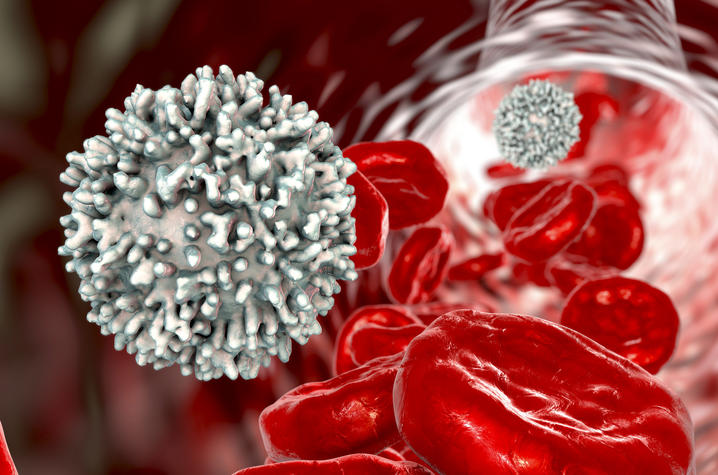
An ischemic stroke is a type of stroke that occurs when a blood clot in an artery, also known as thrombus, or the progressive narrowing of arteries, blocks the blood and oxygen flowing to the brain. This process can cause both temporary and permanent brain damage, for instance, leading to partial paralysis, cognitive impairments and other debilitating impairments.
Statistics suggest that older age increases the risk of experiencing ischemic strokes...
Read More







Recent Comments